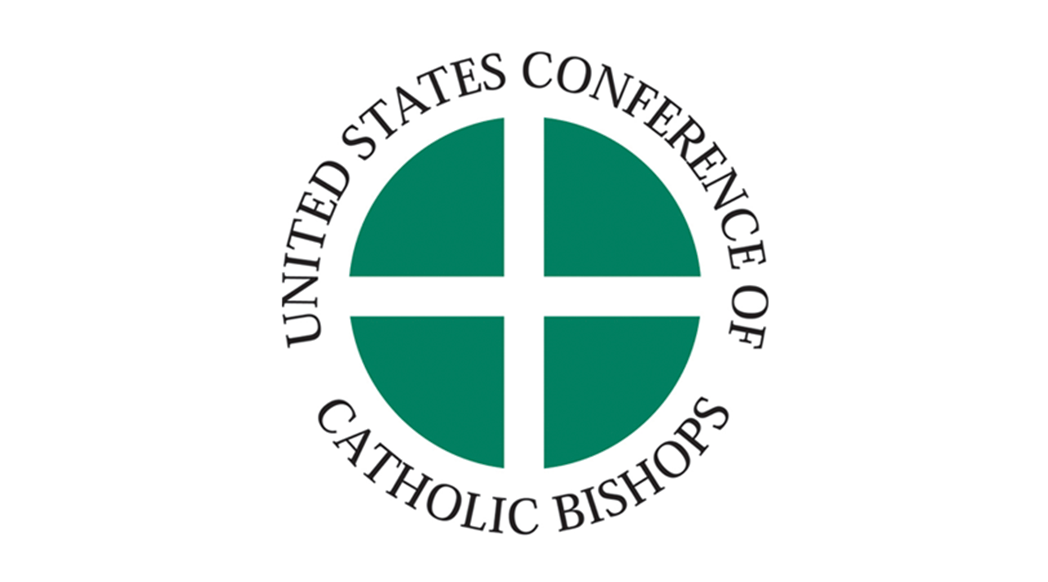O
Odilon
Guest
I believe they are true. This happened to my brother in law and it was very interesting to hear him tell me about it.
If we sin deliberately after receiving knowledge of the truth, there no longer remains sacrifice for sins
Apostasy is rejection of the faith after having received itThe Footnote
If we sin deliberately: verse 29, indicates that the author is here thinking of apostasy;
You need to use a Catholic Bible and follow the footnotes and get a good understanding of Scripture based on what the Catholic Church teaches.
For instance
I used the RSV-CEIf we sin deliberately after receiving knowledge of the truth, there no longer remains sacrifice for sins
The CCC on the context of the passage I quoted.
Re: Heb 10:23… post #76
2178 This practice of the Christian assembly dates from the beginnings of the apostolic age. The Letter to the Hebrews reminds the faithful “not to neglect to meet together, as is the habit of some, but to encourage one another.”
Tradition preserves the memory of an ever-timely exhortation: Come to Church early, approach the Lord, and confess your sins, repent in prayer. . . . Be present at the sacred and divine liturgy, conclude its prayer and do not leave before the dismissal. . . . We have often said: "This day is given to you for prayer and rest. This is the day that the Lord has made, let us rejoice and be glad in it."
That’s the context of the passages I quoted. The consequences then of deliberately missing the Eucharist on “the Day” Sunday after being given the knowledge of truth?
2181 _The Sunday Eucharist is the foundation and confirmation of all Christian practice. For this reason the faithful are obliged to participate in the Eucharist on days of obligation, unless excused for a serious reason (for example, illness, the care of infants) or dispensed by their own _
pastor. Those who deliberately fail in this obligation commit a grave sin.
BTW:
Grave sin = mortal sin
Now you see where I received my evidence for what I wrote.

I said I quoted from the RSV-CE which I did for the English translation, but as for the Greek, that translation comes from the Greek study bible. Which Biblegateway references.You linked “Biblegateway” in your previous post, not a Catholic Bible.
Apostasy is only one of the sins. Deliberately missing mass on Sunday and other holy days of obligation, after being given instruction on that, then one commits mortal sin. The consequences for THAT sin is described in the sequence of passages quoted in Heb 10:23-31 AND the CCC which I also quoted which referenced back to those verses from Heb 10Also, read the introduction of the Letter to the Hebrews in order to understand the context of the Scripture you originally posted.
http://www.usccb.org/bible/scripture.cfm?bk=Hebrews&ch=
It speaks about the Jewish Christians who began to fall into apostasy and stopped attending the Christian assemblies, which included the celebration of the Holy Eucharist. They had knowledge of Christ, but began to abandon their faith because they found it too hard.
That was 2000 years ago.
Today, we have many Catholics who believe in Jesus, but not the institutional Church.
Are they in mortal sin, considering the state the institutional Church is right now ?
Only God knows.
Jim
I’m missing what you are saying. Are you saying that because Hebrews is almost 2000 years old its teachings regarding apostasy do not apply? Is this a “that was then this is now” kind of argument?Yes, the letter to the Hebrews is about 2000 years old
Jim
The main focus of Heb 10:25-29 was attending Sunday liturgy and receiving the Eucharist, and the consequences for one who deliberately misses the liturgyApostasy was one of the grave sins which had to be confessed before the Congregation back when Hebrews was written. Private confession was prohibited.
The point of the passage I quoted is (and I quote )There are three conditions for sin to be mortal, full knowledge, free will and consent.
Full knowledge doesn’t mean you told someone that when they miss Mass they’ve committed a mortal sin.
Re: lapsed CatholicsCondemning lapsed Catholics who don’t go to Mass, does little to bring them the Good News of Jesus Christ, and in fact probably is an impediment for them.
Jim
Not that we can judge nor should we.But, wouldn’t a person who left the Catholic faith and Christianity all together be materially an apostate even if we did not know enough about the person to say they are formally an apostate
But, you would not need to know the answers to those questions to say that they were materially an apostate…But, wouldn’t a person who left the Catholic faith and Christianity all together be materially an apostate even if we did not know enough about the person to say they are formally an apostate
Here we would be talking about confirmed members of the church.
